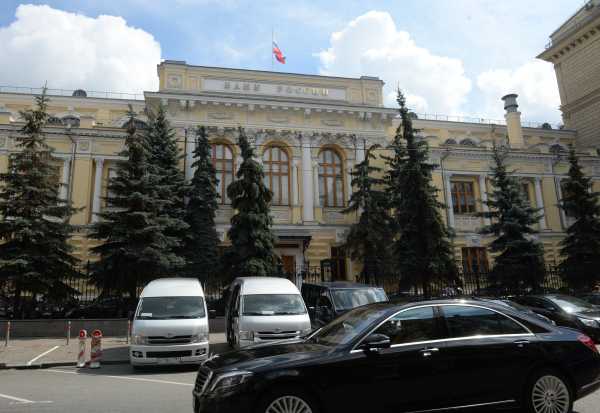
Last week, Russia’s gold reserves surpassed the $100 billion mark amid news that Chinese firms were awarded contracts for the construction of a gold smelter and two refineries in Tanzania, Africa’s fourth-largest gold producer.
Gold prices are continuing their confident climb, growing nearly 1.6 percent per year, and by a whopping 11 percent over the past two months, Market Watch has reported.
The possible cause? Russia and China’s seemingly unquenchable thirst for the precious metal, the outlet believes.
Crispin Odey, a hedge fund manager at the UK’s Odey Asset Management, said the gold rush was unexpected. “Gold should have gone down last year,” he said. “It should have ended the year around $1,000 [per ounce]. Instead it was $1,200. I thought, ‘Something’s going on here.’”
And prices have continued to grow since, up to approximately $1,428.75 as of Tuesday trading.
With the Russian Central Bank stocking up on 96.4 tonnes of gold since January, and China buying 74 tonnes of bullion in the six months through May, the climb seems to show no signs of slowing.
Last week, the Central Bank confirmed that the country’s total gold reserves had struck $100.3 billion by July 1, with 18 tonnes of the precious metal added to its stockpile in the month of June, for a total of 2,208 tonnes, amid recent efforts to dedoallarise its reserves. Russia’s gold buy-up has come alongside a substantial decline in its US debt holdings, with investments now standing at a paltry $12 billion, the lowest since 2007.
According to Odey, gold is the ‘natural move’ for countries looking to break with the hegemony of the US dollar, and his hedge fund has invested heavily into gold despite being sceptical of the metal in the past. “You have to do what the central banks are doing,” he said.
“Do China and Russia really need piles of this arcane yellow metal to break the US dollar’s stranglehold on the world’s financial system? Can’t they just issue new currency backed by their economic output, as Europe did when it launched the euro 20 years ago? Maybe, or maybe not. But that seems to be the way they’re betting,” Market Watch columnist Brett Arends wrote.

The Russian Central Bank
“We are at a very rare inflection point in history: the passage of economic hegemony. China’s economy has already overtaken America’s by one key measure [national economic output], just as America’s once overtook Britain’s. These periods of transition, throughout history, have been times of instability,” the economics journalist added.
According to Arends, it remains to be seen whether gold prices “could send the yellow metal spiralling upward by several hundred percent” in the event of “a breakdown in the dollar’s hegemony,” as some bullish investors have predicted.
In any event, Russia and China’s apparent willingness to continue their steady gold buy-up strategy serves as a cushion for market actors, who can profit by riding on the coattails of the state investors.

Gold-bearing open pit in Russia’s Amur Region.
Earlier this month, Russian President Vladimir Putin accused the US of using the dollar as a tool of pressure against other countries, and suggested that the global role of this currency should be reconsidered. Last month, Russia and China signed an agreement on increasing trade in national currencies to reduce dependence on the dollar, with total trade using this mechanism expected to rise to as much as 50 percent in the coming years.
Russian gold reserves are now the fifth-largest in the world, and quickly catching up to third and fourth place holders Italy and France, who have an estimated 2,451 and 2,435 tonnes, respectively. The US and Germany have the largest reported gold reserves, with 8,133 tonnes and 3,381 tonnes, respectively.
China, whose gold holdings topped 1,916 tonnes in May, is the sixth-largest holder of the precious metal, and has been accelerating its own bullion purchases in recent months, being the second-largest buyer of the precious metal after Russia in 2018 and 2019. Last week, Reuters reported that Tanzania, the fourth-largest gold producer in Africa after Ghana, Mali, and South Africa, had awarded Chinese companies contracts for the construction of a gold smelter and two gold refineries.
Sourse: sputniknews.com






